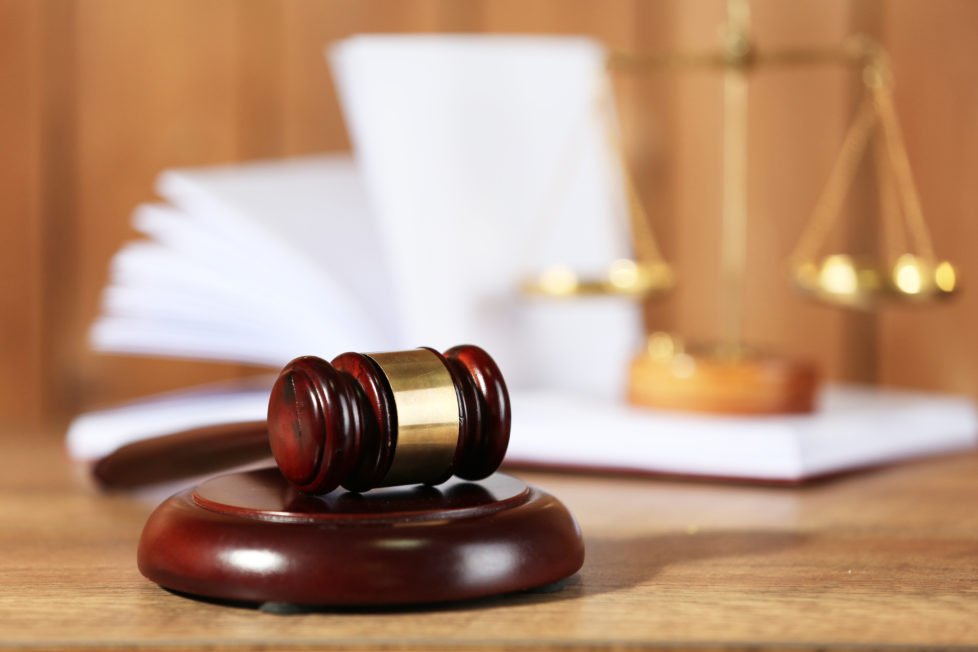Tareekh Pe Tareekh and Indian Justice System


 For the present Indian justice system where, civil cases can last generations and criminal cases take decades and an average person finds the proceeding complex and the stature of a lawyer rather than facts seems to decide the outcome many times, please place credit or blame with Lord Charles Cornwallis.
For the present Indian justice system where, civil cases can last generations and criminal cases take decades and an average person finds the proceeding complex and the stature of a lawyer rather than facts seems to decide the outcome many times, please place credit or blame with Lord Charles Cornwallis.
He was the second Governor-General of Bengal and was in India in that capacity from 1786 to 1793.
When the East India Company initially got major influence with Bengal (Today’s West Bengal, Bangladesh, parts of Orissa and Bihar)Administration and revenue after the battle of Plassey ( So-called due to abundance of Palash trees), their sole interest was wealth extraction. The puppet Nawab Mir Jafar had been installed and he was in the slang language called ‘Clive’s donkey ‘by the British.
The British collected the massively increased land taxes as well as product taxes on everyday products like salt and betel nuts. The Nawab was responsible for the justice system.
This chaotic dual system got over when after the battle of Buxar in 1764 the Diwani i.e. governorship went directly to East India Company and the Nawab was replaced.
Now the British had responsibility for the Civil and Criminal justice system.
Bengal had like the rest of India, the Panchayat System.
‘Says a British observer Torrens, every criminal case or civil dispute was tried by the Panchas or jurors, elected by the people for each case. Their decision was final and binding on the parties. The Panchas were elected from all castes and walks of life in the village without distinction. Both of the parties to the case were entitled to object and prevent the election of any Panch.[i]
‘Another English writer Sir John Malcolm has this to say about the village Panchayats:
The village institutions of India were competent, from the power given them by the common assent of all ranks, to maintain order and peace within their respective circles. In Central India, their rights and privileges were never contested, even by tyrants, while all just princes founded their chief reputation and claimed to popularity on attention to them.’[ii]
Now this was found very confusing by the British who also wanted to bring their interference in the matter.
When Cornwallis came to India and started the colonizing policies, he created the Indian Judicature act of 1773. This laid down the new justice system and its immediate impact was:
Creation of British judges and lawyers – creating jobs for thousands of unemployed youths from England who promptly came to India and complex litigation process which led to justice being delayed.
Cornwallis split the responsibility of the district between the collector for revenue collection and the district judge for judicial duties. ‘This position was now taken by the district judge responsible both for the administrations of Civil justices and also as magistrate and head of the police, for the prevention and punishment of crime but divorced from all concern with the revenue.’[iii]
All civil suits, including suits between Zamindars and ryots formerly decided by the collector, were now disposed of by the district judge, a senior Company’s servant, aided by two or three juniors who heard the less important cases. These European judges were assisted by Indian assessors who advised them on points of Hindu and Muslim law: but aside from these advisory functions, the only part left to Indians was the determination of minor suits involving not more than Rs 50. Appeals against the orders of the district judge lay to four provincial courts of appeal, also consisting of English Judges and in a limited number of cases, there was a further appeal to the Sadr Diwani Adalat, which at this time was still the Governor-General and Council.[iv]
Later the same system was expanded to the rest of India once British had influence over rest of India. The Criminal procedure act and Civil procedure Act were subsequently built upon this.
Let us be clear. The intention was not clean, quick resolution. The intention was complex litigation with so much of power and discretion with judges that it could keep the public subdued.
THIS WAS A SYSTEM FOR SUPPRESSION OF THE RULED. The judges, being British were kept away from purvey of any kind of reviews so that they can do as they please to meet their imperil goals.
It is unfortunate that same legacy continues 75 years after departure of the Colonizers.
[i] Sunderlal, How India lost her freedom India@2018 P 332-333
[ii] Ibid
[iii] Moon, Sir Penderel ,The British Conquest and dominion of India @1989 P 239
[iv] Ibid
DISCLAIMER: The author is solely responsible for the views expressed in this article. The author carries the responsibility for citing and/or licensing of images utilized within the text.
